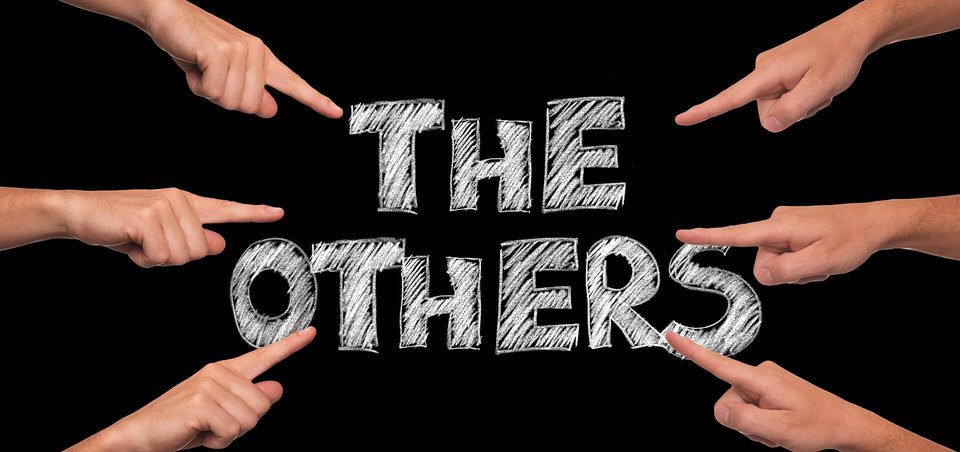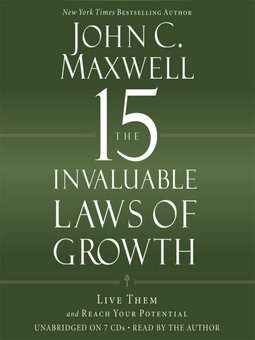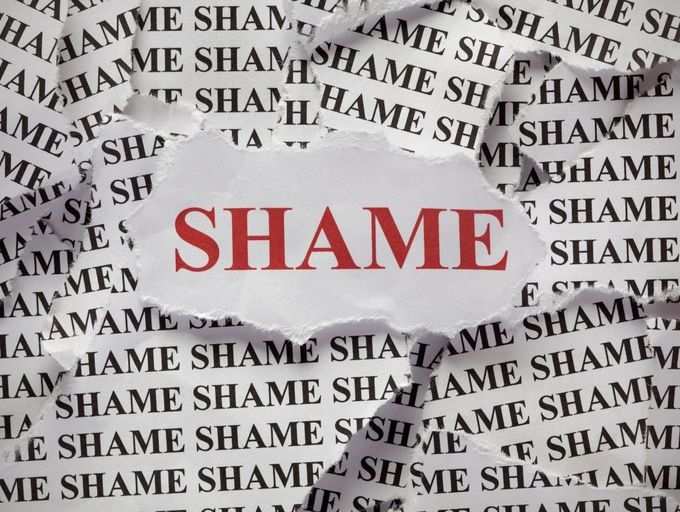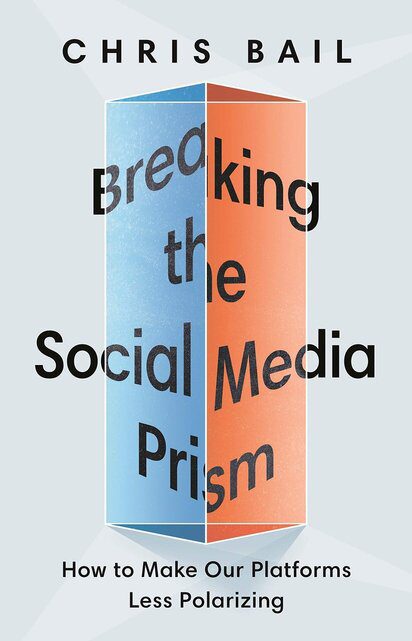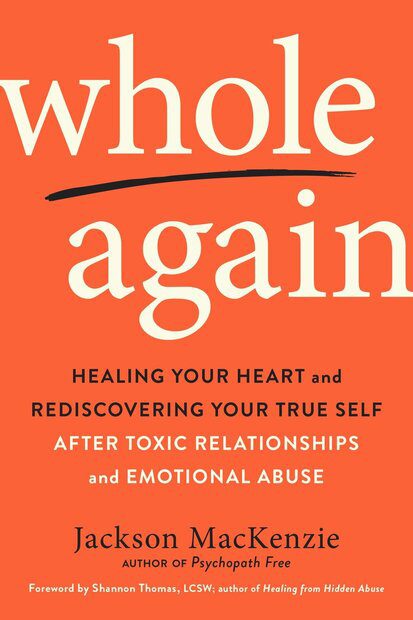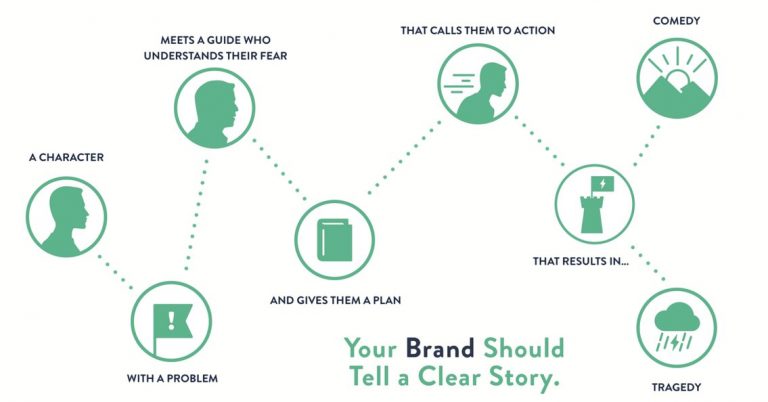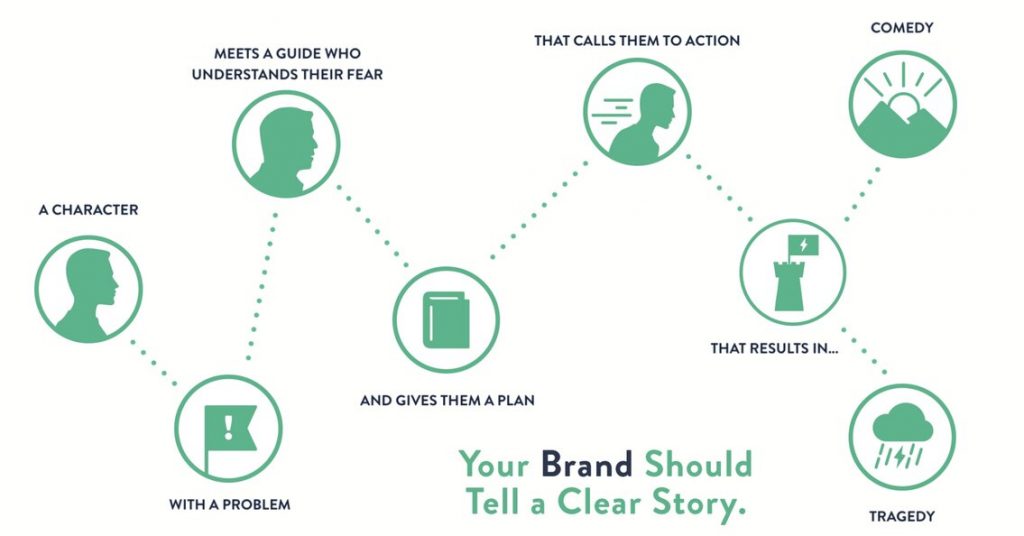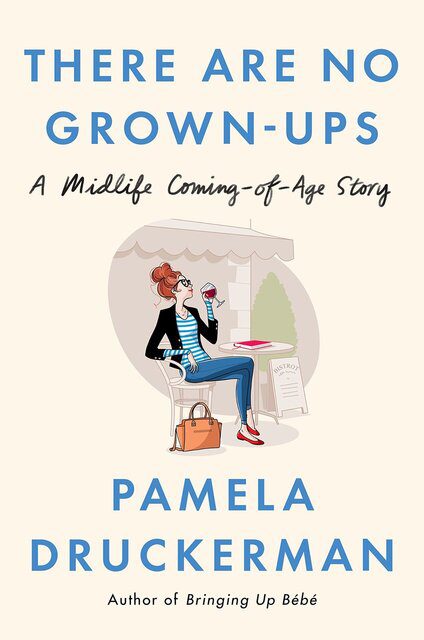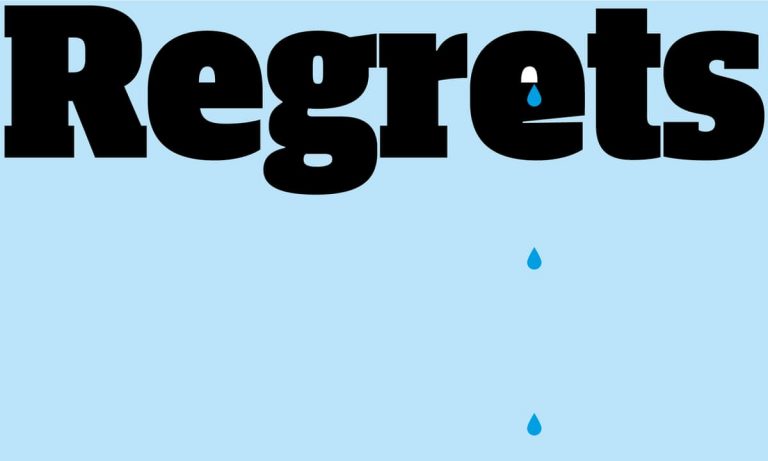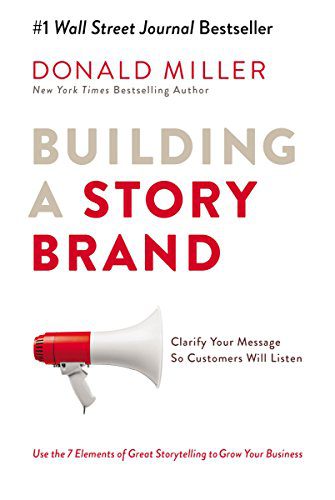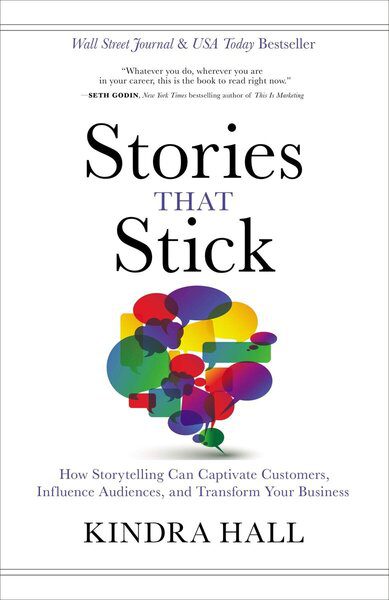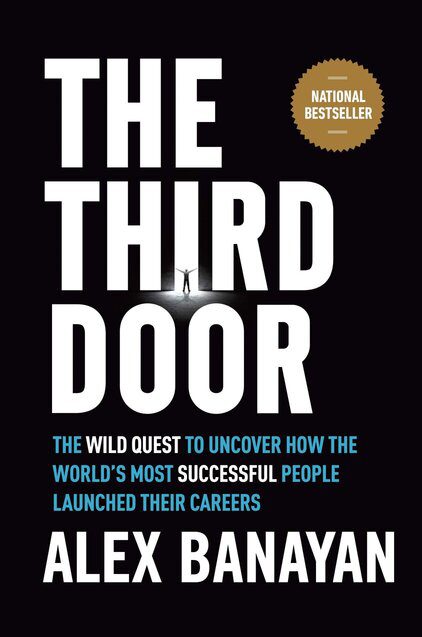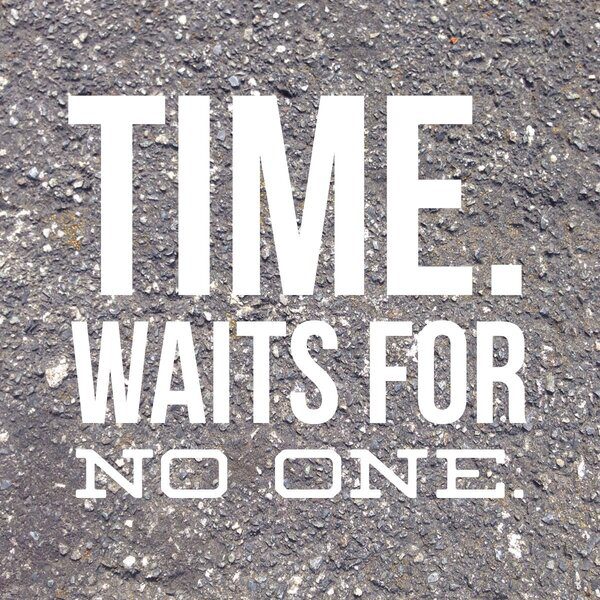Complaining is like bad breath. We notice it when it comes out of someone else’s mouth, but not when it comes out of our own. – Will Bowen
Complaining involves expressing dissatisfaction, pain, uneasiness, censure, resentment, or grief; find fault. American poet Maya Angelou remarked: “If you don’t like something, change it. If you can’t change it, change your attitude. Don’t complain.” Most of the things we complain about are things we can change; perhaps complaining signals that we need to change something. We complain about things that we can influence, such as our spouse, friends, problems, but we hardly complain about things we cannot change such as gravity, rain, the seasons, etc.
When most people are unhappy with their boss, they complain to their spouse. When they are displeased with their spouse, they complain to their friends. They speak to anyone and everyone except the person who can actually improve the situation, and they live in disappointment and bewilderment, wondering why their relationships don’t improve. – Will Bowen, A Complain Free World
Complaining is not always bad as we might want to hear the view of someone else; it could be cathartic and even therapeutic. As former United States president Theodore Roosevelt once commented, “Complaining about a problem without posing a solution is called whining.” We usually complain to the wrong people, we complain about our boss to our spouse, complain about our spouse to our co-workers, complain about our siblings to our friends.
“Complaining about a problem without posing a solution is called whining.” – Theodore Roosevelt
